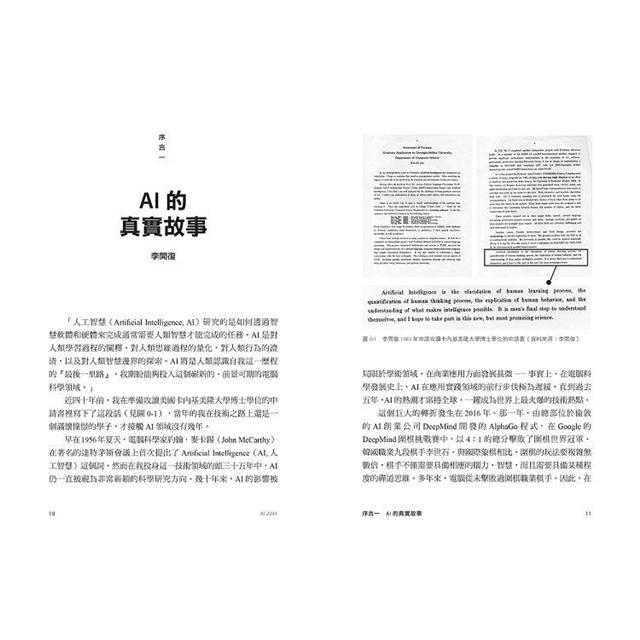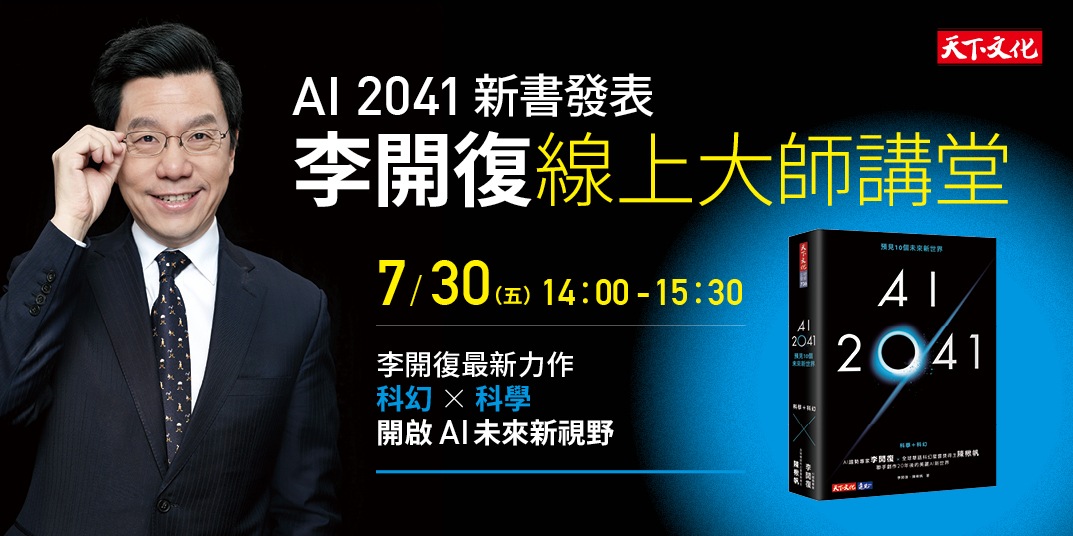
That kind of result is not predicted by Kai-Fu Lee, you’ll be glad to know. By bad, I don’t mean taking over the world and destroying humanity. Like all of the stories in the collection, it does not set out to teach a moral lesson, but highlights both the good and bad that can result from such applications. The opening story, ‘The Golden Elephant’, takes place in Mumbai, where personalised insurance premiums are calculated by a range of related insurance apps that track every aspect of a family’s life.

These, too, make for fascinating reading and widened my understanding of the multifaceted discipline of AI research. Chen Quifan’s novel ‘Waste Tide’ was similarly set in a near future of extrapolated technology intersecting with real life and that same feeling of being grounded in reality comes through in these stories.Įach story is followed by an essay from Kai-Fu Lee in which he explains in more detail the technologies illustrated. This scientifically-grounded basis puts an interesting spin on all of the tales that follow, making them more illustrative than plot-driven and yet imbuing them with an air of inevitability.

In his introduction, Kai-Fu Lee explains the rigorous process he followed in an attempt to make his technological predictions as realistic as possible before handing over the concepts to Chen Quifan to be crafted into a series of ten stories. This is the challenge that AI expert Kai-Fu Lee and SF author Chen Quifan have set themselves in ‘AI 2041’, sub-titled ‘Ten Visions for the Future’.

It’s not close enough to be indistinguishable from today, it’s not far enough in the future that anything could be possible, but it is close enough that you can soon be proven entirely wrong in your predications.

One of the greatest challenges for a Science Fiction author is to write a story set twenty or so years in the future.


 0 kommentar(er)
0 kommentar(er)
